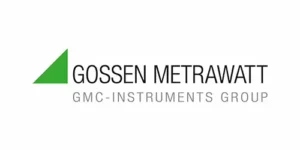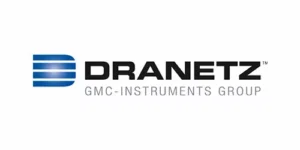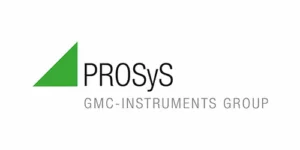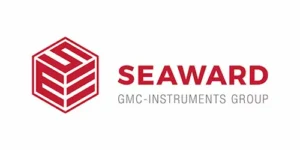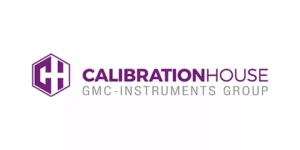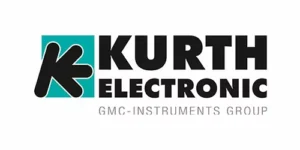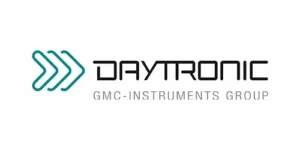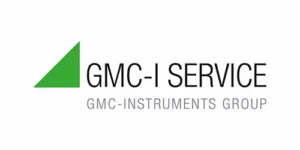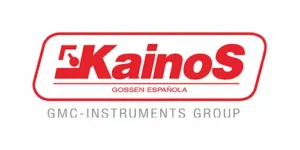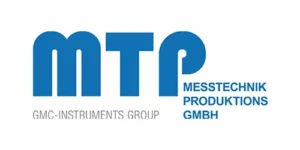Auniversally applicable energy and power monitoring system, capable of direct mounting in distribution boards, provides great scope for building management systems, industrial processes, milk products, dairying, irrigation, etc.
Energy monitoring in the industrial internet of things climate sounds suitably ‘futuristic’ but this article is not about some hazy future. The internet of things is well and truly established, and the industrial version (IIOT) with its ethernet connections to sensors, limit switches, proximity detectors, flow cells, transducers, programmable logic controllers, etc. as part of hierarchical and other control schemes, some Cloud-resident, is now an integral part. What does energy monitoring and management look like in such a climate. The traditional assembly of lots of meters of various sorts providing information in diverse formats is obviously not up to the task of integrating in complex control schemes—and furthermore would take up a great deal of real estate for relatively few measuring nodes.
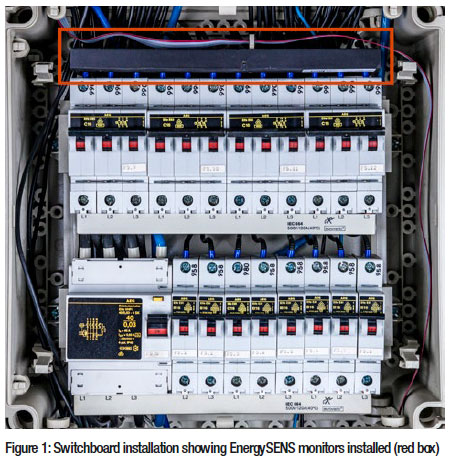
Measuring energy consumption, power, reactive power, power factor, voltage and current for various machines and process systems in a manufacturing environment or building management system is obviously a very necessary function. Integration of measured data with process control protocols, and algorithms appropriate to condition monitoring provides enormous advantages in today’s highly competitive and increasingly automated world. This is resulting in the availability of small, highly capable, monitoring sensors that can be installed, for example, in distribution boards feeding power to various industrial motors, heaters, induction furnace, welders, CNCs, robotics, or in the case of building management, air conditioning and ventilation, other mechanical services such as elevators, escalators, pumps, extraction fans, etc.
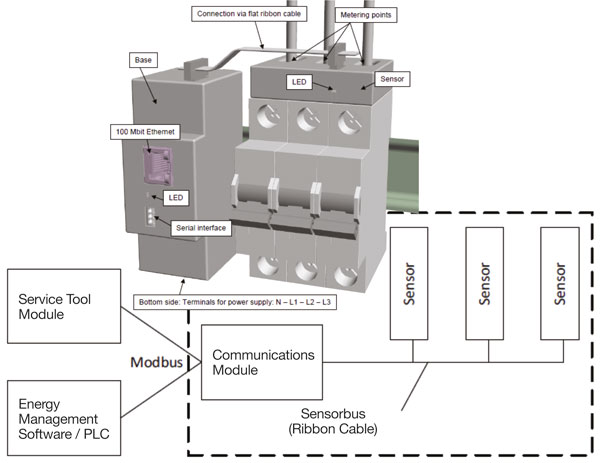
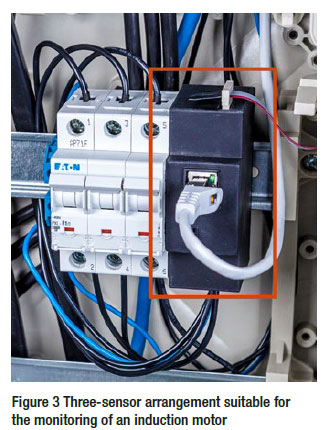
In the climate as mentioned, Gossen Metrawatt, a German manufacturer of electrical measuring apparatus has introduced a complete monitoring system expandable to 120 nodes, or circuits. The system, EnergySENS, permits the design of a comprehensive energy, power, reactive power, apparent power, voltage, and current monitoring system that readily integrates with control hierarchies using Ethernet communication protocols. This very complete set of electrical parameters gives access to sophisticated control and condition monitoring possibilities. Take, for example, a large supermarket with a multiplicity of display refrigerators and freezers in addition to cool rooms, and climate control. Comprehensive monitoring of compressors, condenser fans, ventilation, water cooling circuits, etc. in such an environment provides invaluable management data allowing the flagging of refrigerant loss, excessive current draw, voltage imbalance, suspiciously high power, or low power consumption. Suitable exception reports generated from the available data provide intelligent markers to indicate the scheduling of maintenance – a much more preferable solution to conventional fixed period maintenance schedules.
Physically the EnergySENS sensors are mounted directly in distribution boards as shown in the photograph of a typical installation. Mounted on top of circuit breakers, the options include modules that cover monitoring three wires and 12 wires. These can be individual single-phase circuits, or three-phase circuits.

In total 120 circuits can be monitored per individual communications module. The basic layout of the analysis scheme is shown in fig 2. The data from the individual current transformer transmitters is processed by the communication module with Ethernet connectivity.
The significant advantage of the EnergySENSE philosophy is that it be adaptable to virtually any type of distribution board and circuit breaker. This is in sharp distinction to devices with similar analysis tasks which, however, are designed to be incorporated as part of the circuit breaker, or can only be installed on a limited range of devices. In fig 3 and 4 sensor modules are shown for three and twelve-circuit sensing assemblies, capable of being mounted on any distribution board.
In terms of the monitoring task, it is important to make this comprehensive. Here again some systems available limit the monitoring task to current, or current and voltage. In the case of EnergySENS the parameters available for monitoring and control are extensive and shown below.
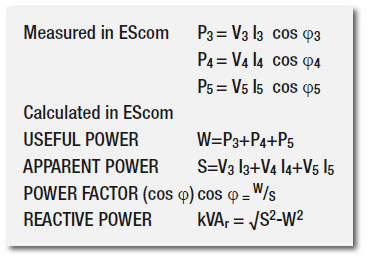
EScom is the communications module. In addition to phase voltage and line current, the individual phase angles are taken into account, and real power is calculated for each monitored line. In the case of monitoring, for example, for a three-phase motor, whether star or delta-wired, the EScom can provide total real power consumed, apparent power, overall power factor as well as reactive power.
As will be evident, a comprehensive monitoring program is provided, capable of signalling over-rated motors by virtue of low power factor, unbalanced operation on the basis of line current discrepancies, significant load variation as well as suspicious over or under consumption in mission-critical circuits.
The scope of applications of this innovative energy and power measurement system is extremely wide. Not only manufacturing applications, but also many regional industries can benefit from EnergySENS. Prime examples are found in the dairying and milk products industries, but also in intensive irrigation, egg production and the broiler sector.
In alternative energy, the use of micro inverters, i.e. those used as individual inverters for a panel or small group of panels, alternating current power and energy monitoring provides a critical indicator of panel efficiency, and can therefore flag conditions such as permanent shadowing or impaired panel performance.
Kevin Smith
Engineering Manager
Power Parameters Pty Ltd







